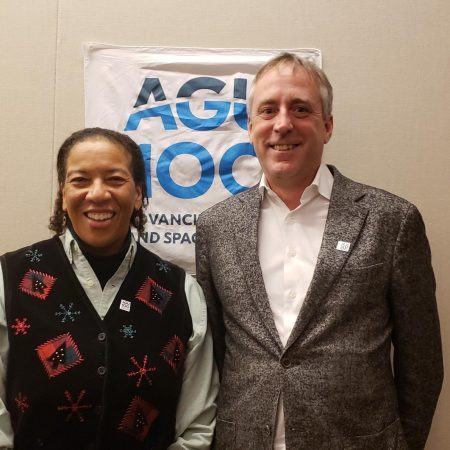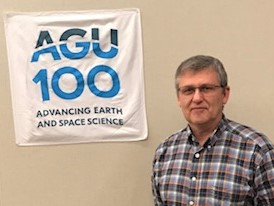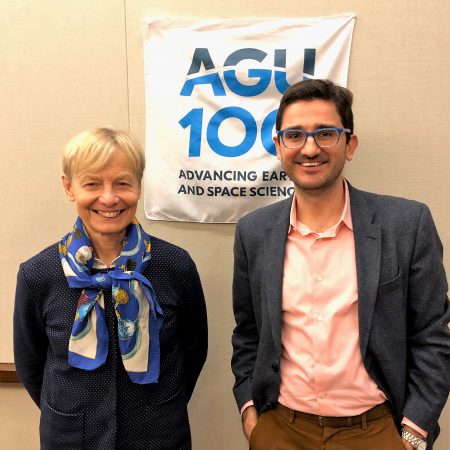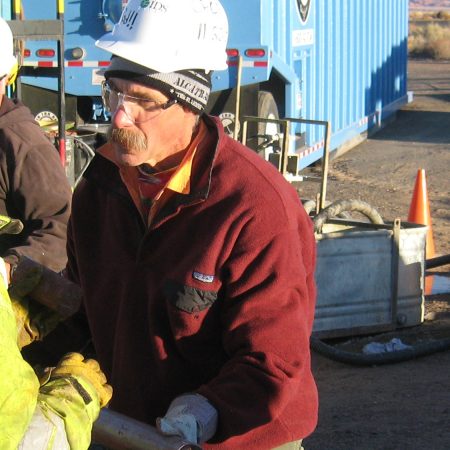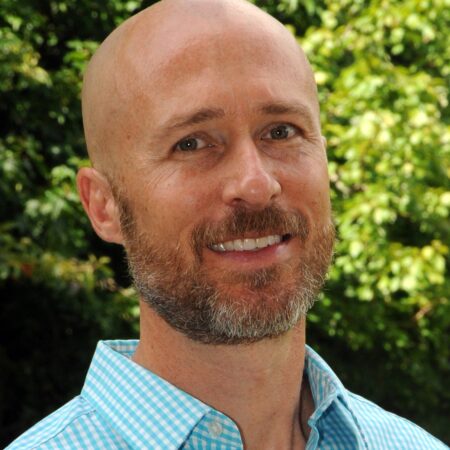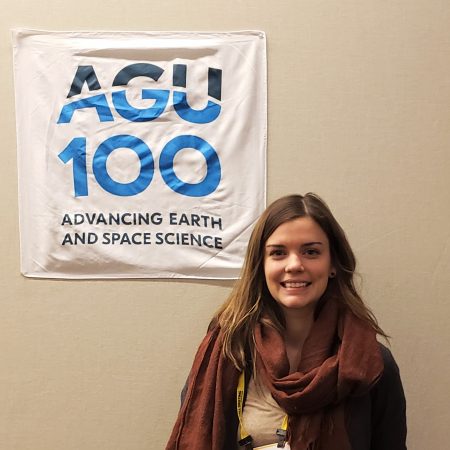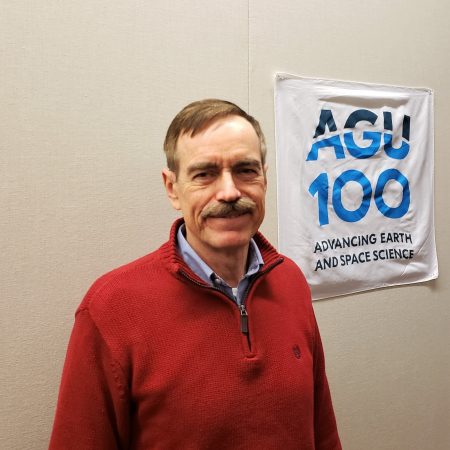Refine
Date Range Clear
Recorded by Clear
Keywords Clear
Partnerships Clear
- No matching terms.
Organizations Clear
- American Geophysical Union 10
- NASA 3
- National Aeronautics and Space Administration 3
- AGU 1
- Ameican Geophysical Union 1
- 4 more
Places Clear
- AGU 2018 Fall Meeting 24
- Washington DC 20
- Mountain View 2
- The University of Michigan 2
- AGU 2022 1
- 10 more
Languages Clear
Initiatives Clear
Not every scientist can boast about putting an end to Biblical-level plagues. But NASA Senior Earth Scientist Compton Tucker helped to end periodic locust swarms which pop up in dry parts of the world and go onto wreak havoc on...
By his own count, Chuck McClain has had six mentors in his career. His first may have been a teacher in Kansas City who took him to his first physics demonstration. Since 1978, he’s worked at NASA Goddard Space Flight,...
James Famiglietti, hydrologist and Director of the Global Institute for Water Security, University of Saskatchewan, discusses his work with NASA's Gravity Recovery and Climate Experience (GRACE) and the evolution of technology throughout his career including its impact on water security....
Dr. David Lagomasino, assistant research professor at the University of Maryland and researcher at the NASA Goddard Spaceflight Center, discusses his life in science, studying coastlines and the effects of sea level rise, erosion, deforestation, and other factors on complex...
John Bolten doesn’t need to get his hands dirty to learn about crop yields. Using satellite images, the Associate Program Manager of Water Resources for the NASA Applied Sciences Program has worked with the U.S. Department of Agriculture to directly...
With great data comes great responsibility. Ruth Duerr, a self-described scientific “generalist,” and Steve Diggs, an ocean data specialist, take on years of efforts by scientists to inform the public while stopping short of being policy advisors. As data improves,...
Gail Skofronick-Jackson, Program Manager at NASA Headquarters, Science Mission Directorate, knows more about snow than most Tallahassee, Fla. residents. In fact, it may be safe to say that the program manager at NASA Headquarters knows more about snow than most...
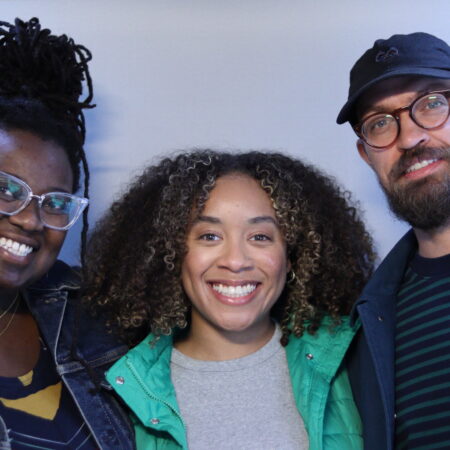
Friends Alexis Creamer (27), Chelsey Carter (33), and Brett Maricque (35) talk about their work on the Black Genome Project. They reflect on the importance of grounding science in community, creating avenues for Black folks to heal, and more deeply...
Dr. Chris Potter is a Research Scientist in Earth Science at the NASA Ames Research Center. In this interview, we discuss his research that is part of the collective project, the rapid response and novel research in earth science, which...
What starts as a conversation about arctic change is actually an all-encompassing discussion about career growth, patience, and personal growth. Walt Meier, National Snow, and Ice Data center, introduces us to Jackie Richter-Menge, US Arctic Research Commission, who has spent...
Stephen Running, an Emeritus Regent's Professor at the University of Montana, shares about his work with NASA studying the global ecosystem from space. Trying out a microscope at a young age ironically led him into a lifetime of looking at...
In research, Dalia Kirschbaum literally seeks landslide victories, though in her case this entails finding disasters. The research scientist at NASA’s Goddard Space Flight Center uses satellite monitoring to get clear predictions about actual landslides through satellite information. “My work...
Through his work with SERVIR, Ashutosh Limaye could be described as one of Earth’s watchdogs. The project scientist at the Marshall Space Flight Center’s job is to take NASA satellite data back down to the Earth and help people use...
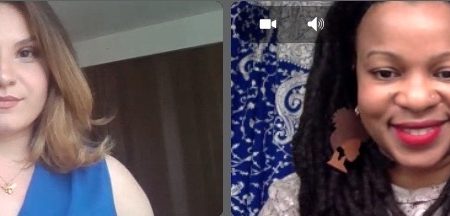
Bianca Monzon (29) and her friend and colleague Ambyr Amen-Ra (38) talk about their work at Inter-university Consortium for Political and Social Research (ICPSR).
Dawn Wright, ESRI and Mark Parsons, Rensselaer Polytechnic Institute, share with us their journeys into data mapping, and how the field has grown, including at AGU. Before AGU embraced mapping scientists, people were starting to leave AGU. Now, they’re back,...
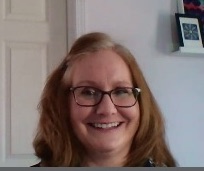
Linda Detterman (53) and her colleague Lynette Hoelter (48) talk about their work at the Inter-university Consortium for Political and Social Research (ICPSR).
Paul Stackhouse is a sun chaser, but in his case it means measuring the surface radiation budget. This means figuring out how much sunlight gets to the surface of the planet, and takes a deep understanding of factors like cloud...
For Ved Lekic, the opportunity to interview his mentor, Barbara Romanowicz, was a little daunting, so he brought along some questions. Once the conversation turns and Ved has a chance to answer some questions as well, we meet a very...
As a child, Luke Oman was always looking out the window. Today, he works on atmospheric processing for NASA. How do volcanic eruptions affect everyday life? What happens when sulfur dioxide gases from volcanoes interact with sulfate aerosol and stay...
John Geismann, professor of geosciences at the University of Texas Dallas, shares his discovery into the science field and favorite aspects of working with students. He discusses the critical point we are in society and need for the global community...
Sandra Cauffman was told growing up in Costa Rica that she couldn’t be an electrical engineer because she was a woman. Decades into a career which has largely involved getting her hands dirty building instruments to fix on spacecraft, the...
Being a Hydrologist was never on Matthew Rodell’s radar, let alone working for NASA. But he always trusted the path ahead. Now as their Deputy Director of Earth Sciences for Hydrosphere, Biosphere, and Geophysics (HGB) at Goddard Space Flight Center,...
A picture may be worth a thousand words, but Andi Brinn Thomas is dealing with thousands of pictures of the world. The Image Data Scientist in the Earth Science and Remote Sensing Unit within the Astromaterials Research Exploration and Science Division...
Dr. Claire Parkinson, senior scientist at NASA's Goddard Space Flight Center since 1978, discusses using satellite data to monitor sea ice in the Arctic and Antarctic and serving as project scientist for the NASA satellite Aqua, which makes measurements of...
George Huffman calls himself a classic weather person, in part because by the fourth grade in North Central Ohio, he already was excited about the prospect that you could make a job studying weather. At the NASA Goddard Space Flight...
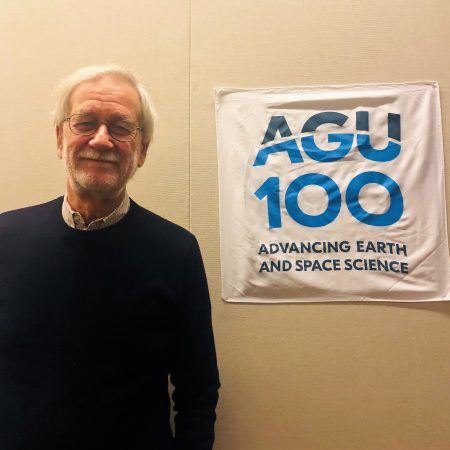


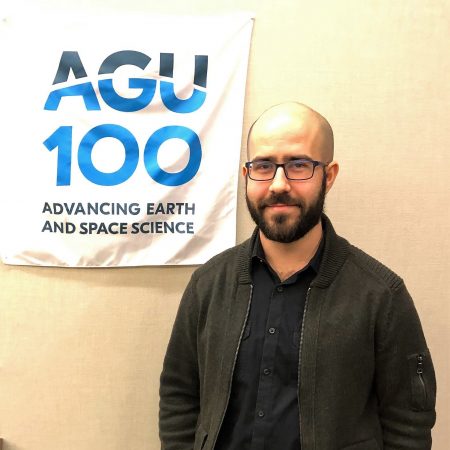

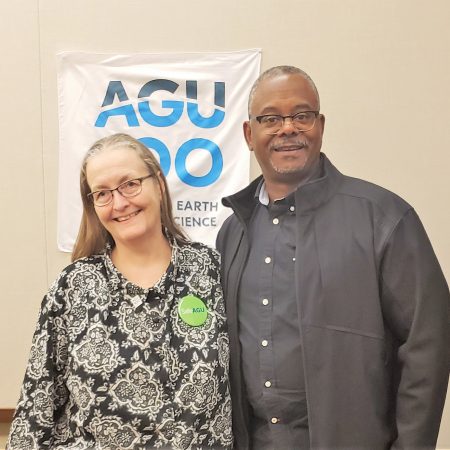
!["As soon as it [snow] lands, it starts to metamorphosize" an interview with Gail Skofronick - Jackson](https://archive.storycorps.org/uploads/2019/01/181210_Jackson-1-450x450.jpg)
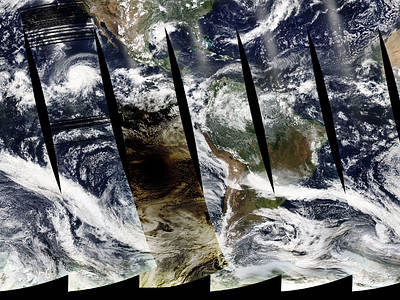
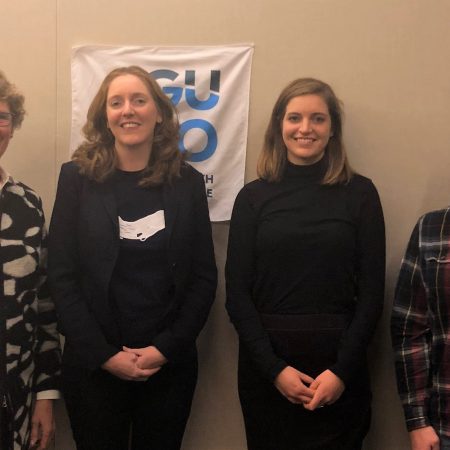
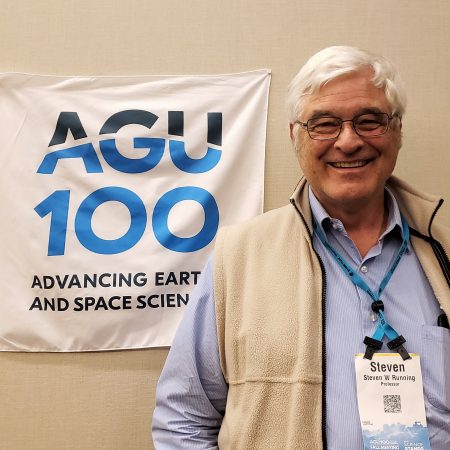
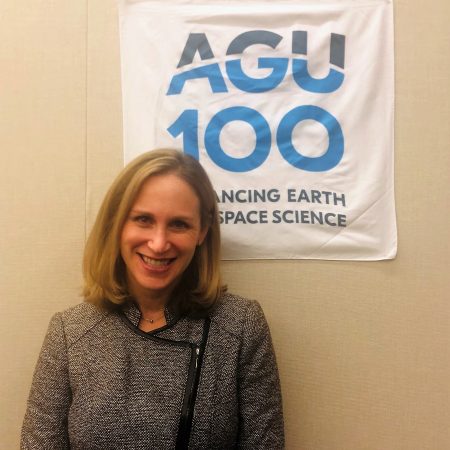
![“[Better satellite monitoring] will improve our ability to bridge the gaps between the haves & have nots." interview with Ashutosh Limaye](https://archive.storycorps.org/uploads/2019/02/181213_Limaye-450x450.jpg)
